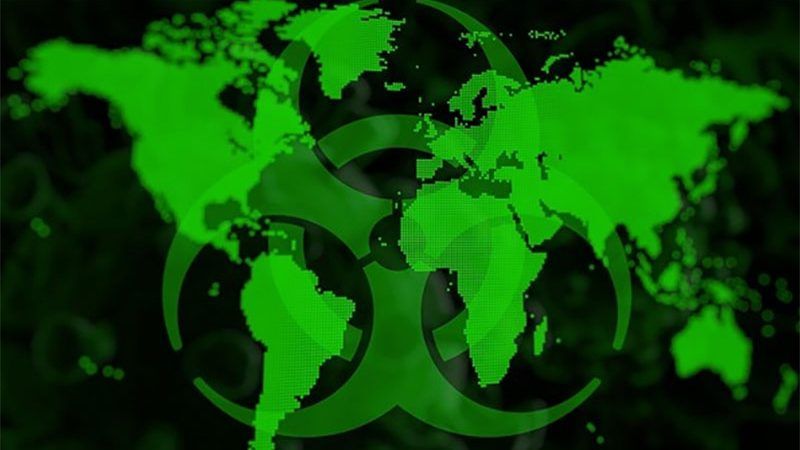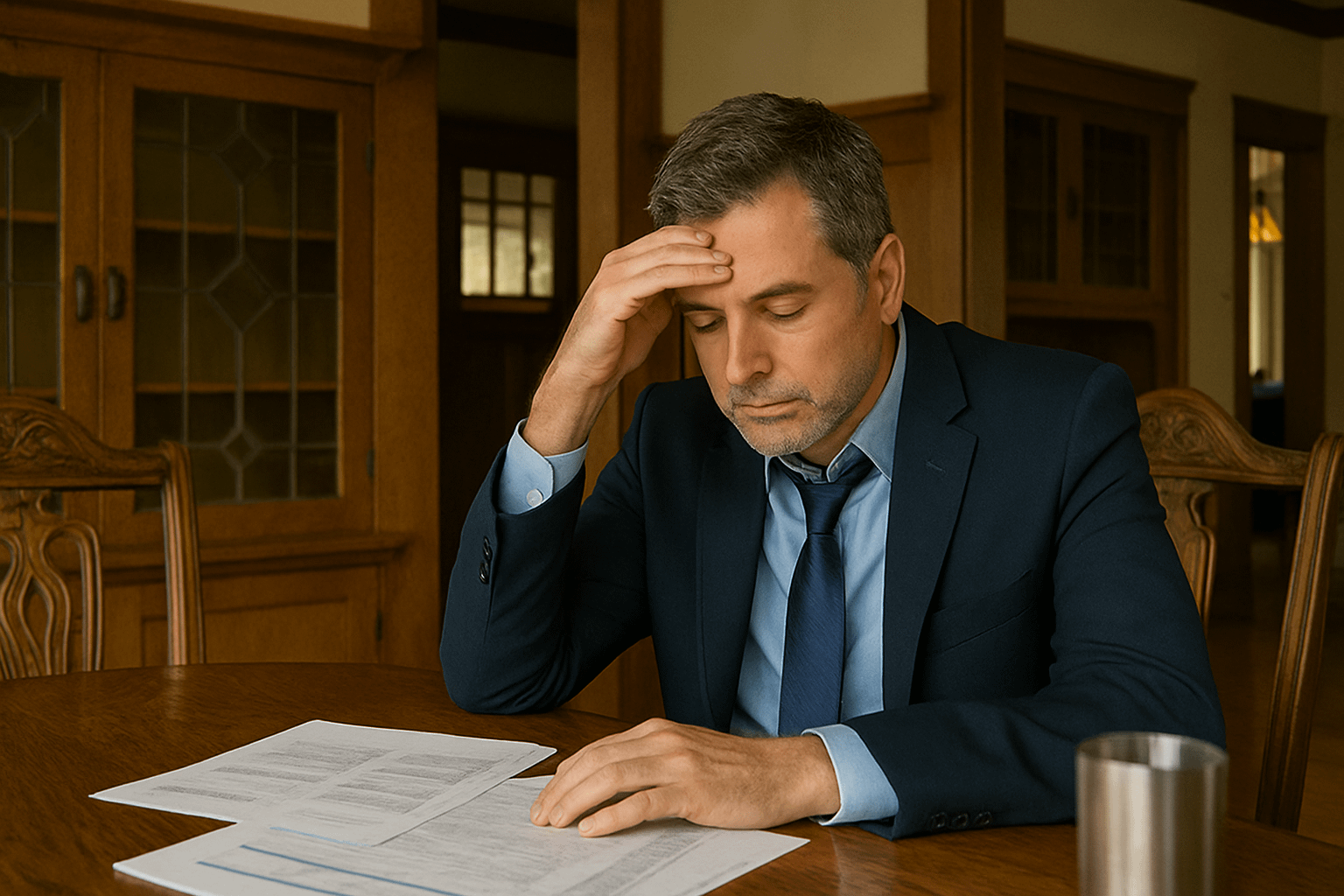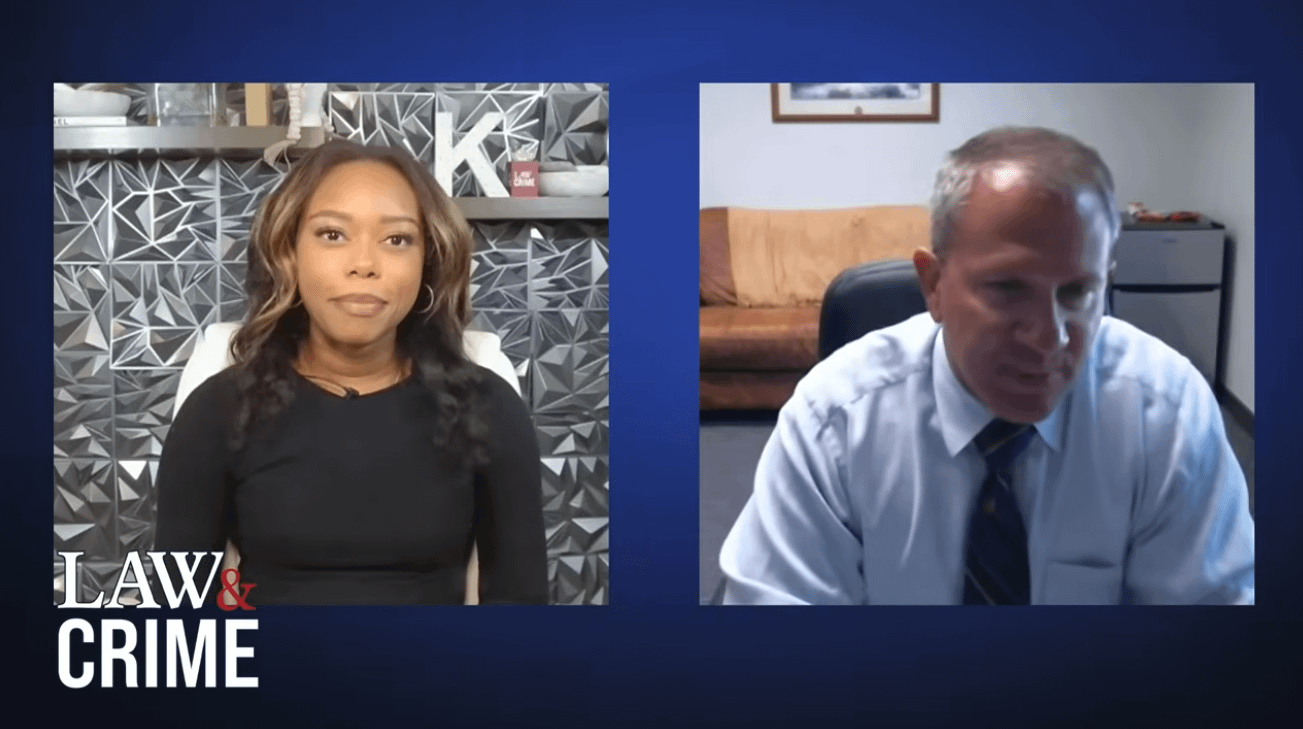Special Report COVID-19 Vol. 1 No. 3
Vol. 1 Special Report No. 3
Download PDF
LAWYERING AND LEGAL ETHICS IN A TIME OF PANDEMIC
We do not yet know to what extent the coronavirus (COVID-19), will spread in the United States. We do know that the virus has had major impacts in other countries including China, South Korea, Japan, Italy, and Iran, among others. In countries that have been significantly affected by COVID-19, governments have focused on containment of the virus and slowing down its spread. They have implemented quarantines, closed school, cancelled events, and warned the populace to avoid contact with each other (“social distancing”) as much as possible. As the virus has spread to the United States, so have these containment and mitigation policies.
The spread of a pandemic disease in the United States along with the policies designed to limit and mitigate its spread and effects will have significant impact on the legal profession. Lawyers should be prepared to deal with these impacts—especially since the spread of the virus may take place with little advance notice and containment policies may be implemented just as quickly. As authorities have begun to advise the population to avoid personal contact as much as possible, physicians and health insurers are discussing the potential of using telemedicine as a substitute for in-person physician visits. Lawyers, too, should consider whether they can ethically substitute telephone or online communications (e.g., email, Skype, Facetime, etc.) for in-person visits with clients.
From an ethical perspective, one must ask whether online contact with clients is an adequate substitute for in-person contact, especially in terms of the requirements of Rule 1.1 on competency, Rule 1.3 on diligence, and Rule 1.4 on communication. There is currently little authority as to whether a wholly online lawyer-client relationship will satisfy the requirements of these rules. On the one hand, personal contact with a client is generally deemed to be extremely important. Personal contact is arguably the best way for a lawyer to closely observe his client, read his body language, and, in some instances, establish a bond of trust. On the other hand, in an emergency that makes personal meetings dangerous for both client and lawyer, such considerations may be less significant. The nature of the lawyer-client communications will also play into the decision whether in-person consultation is necessary. In some cases, such as consultation with a criminal defendant immediately before trial, it may be impossible to avoid an in person meeting. In other cases, such as drafting a simple contract for a client, an in-person meeting may be unnecessary.
We must also consider whether there are any court proceedings that can be handled by telephone or online rather than in-person. In what situations will a judge permit substitution of remote communications for in-person contact? These are critical questions for lawyers and the judiciary, as we are now entering into a pandemic situation that may well endanger millions of people including lawyers, judges, and litigants. It is critical that the Bar have guidance from the proper authorities on these points as soon as possible.
The increased use of telephonic and online communications with clients may also raise confidentiality issues under Rule 1.6. Generally, lawyers must take care to inform their clients of the potential for data breaches when using these communication methods. On occasion, ethics authorities have taken the position that, when the information being transmitted is particularly sensitive, more than ordinary care is required. This information may require the use of encryption or even more drastic measures (such as not using online communications at all). Lawyers may also want to explore online communication systems designed for doctors that comply with HIPPA confidentiality rules (such as VSee). For guidance on these issues, lawyers should consult, in particular, ABA Ethics Opinion 477R. Lawyers may also want to consult ABA Formal Opinion 18-483 concerning data breaches. The extent to which exceptions to rules designed for normal business may be modified or even eliminated is yet to be clear.
It is equally important that lawyers, judges, and others in the legal system do what they can to prepare now. This might include training lawyers, judges, and staff in how to use the tools necessary to facilitate remote contact. Physical facilities can also be prepared to protect lawyers, judges, staff, and litigants (such as isolation areas in jails, interview rooms equipped with barriers to the transmission of the virus, etc.).
A rather more unpleasant subject is the possibility that COVID-19 may cause a significant number of deaths in the United States. Many who are infected by the virus may need to have counsel prepare wills, trusts, or other testamentary documents, and they may wish to do so before their condition worsens to the point that they are unable to do so. Lawyers who specialize in wills and trusts may want to prepare themselves for adopting accelerated schedules to deal with a possible spike in their clients’ need for rapid assistance. They may want to remind clients now that they should be sure to have adequate testamentary protection or prepare form documents that can be generated quickly as the need arises. Additionally, most lawyers will not want to meet in-person with infected clients, so they should be prepared to have necessary conversations about testamentary instruments either by telephone or online. This will raise the issues discussed above.
The United States has not dealt with a serious pandemic outbreak for decades. Past pandemics have made it clear that, when one hits, daily life will change—possibly quite radically. Lawyers have fiduciary obligations to their clients and should be prepared to deal with clients’ needs in case COVID-19 spreads widely in the U.S. The judiciary, too, must recognize that activities that were routine a month ago will not be safe a month from now. The key to dealing with this pandemic ethically is to do what we can to prepare for what is coming in the months ahead.
Published by JOSEPH, HOLLANDER & CRAFT LLC
Edited by MIKE HOEFLICH












